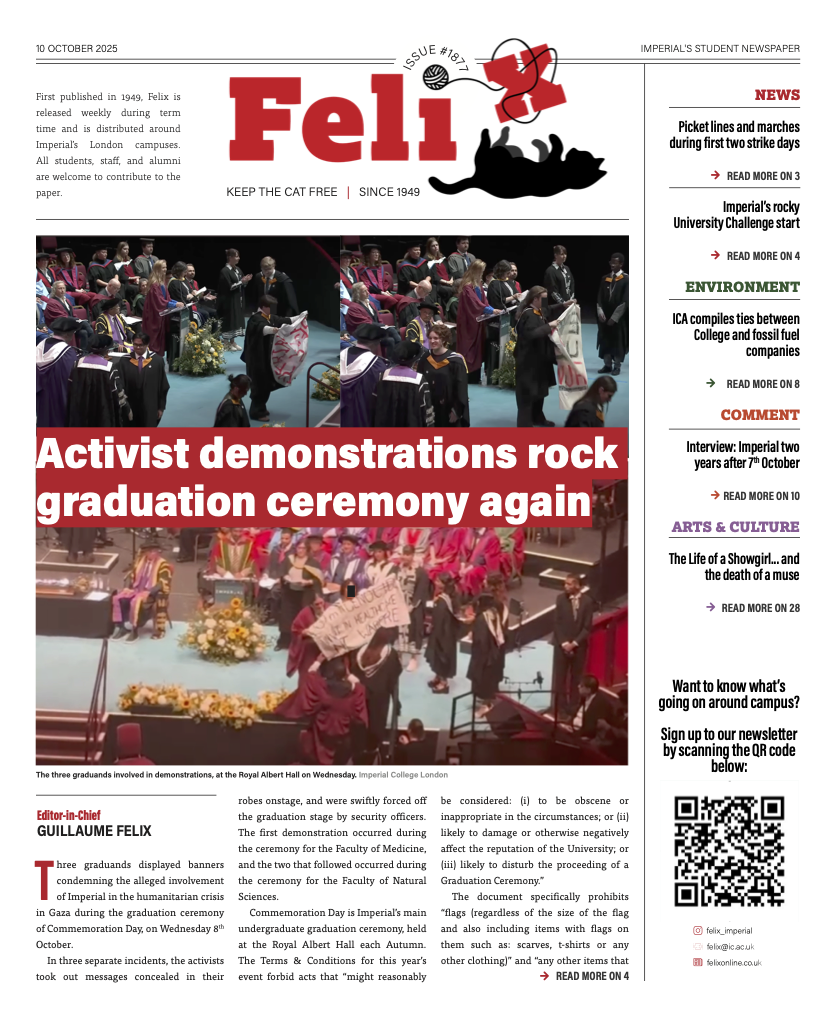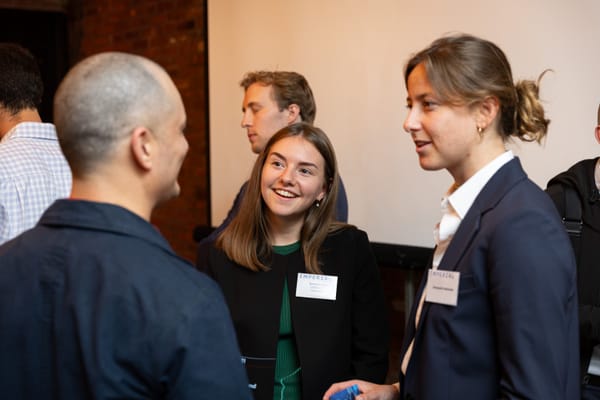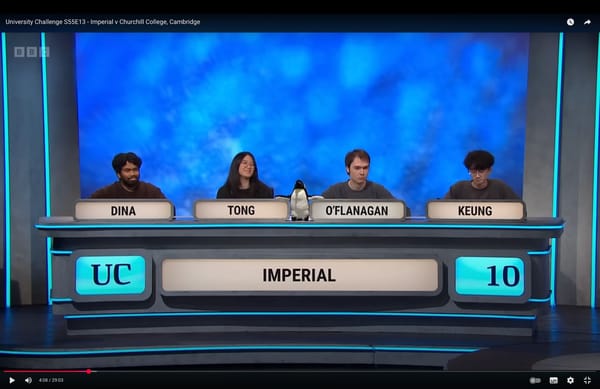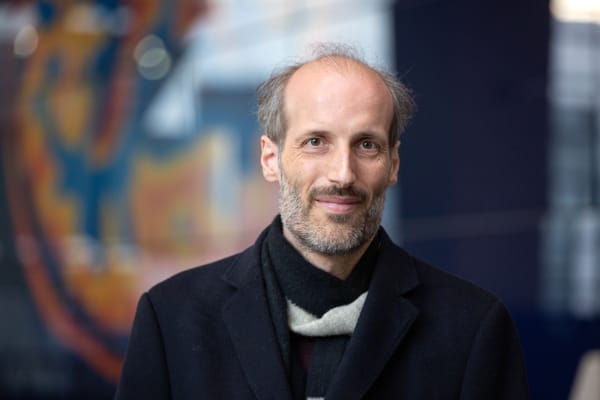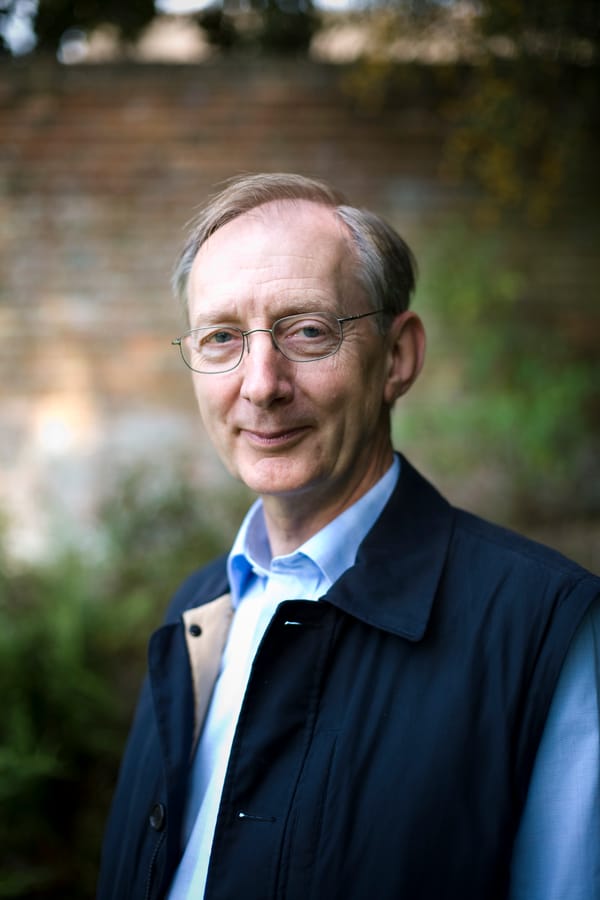Imperial Professor Jason Hallett wins Royal Society Mullard Medal
The award recognizes Hallett's work in biorefining and the circular economy.
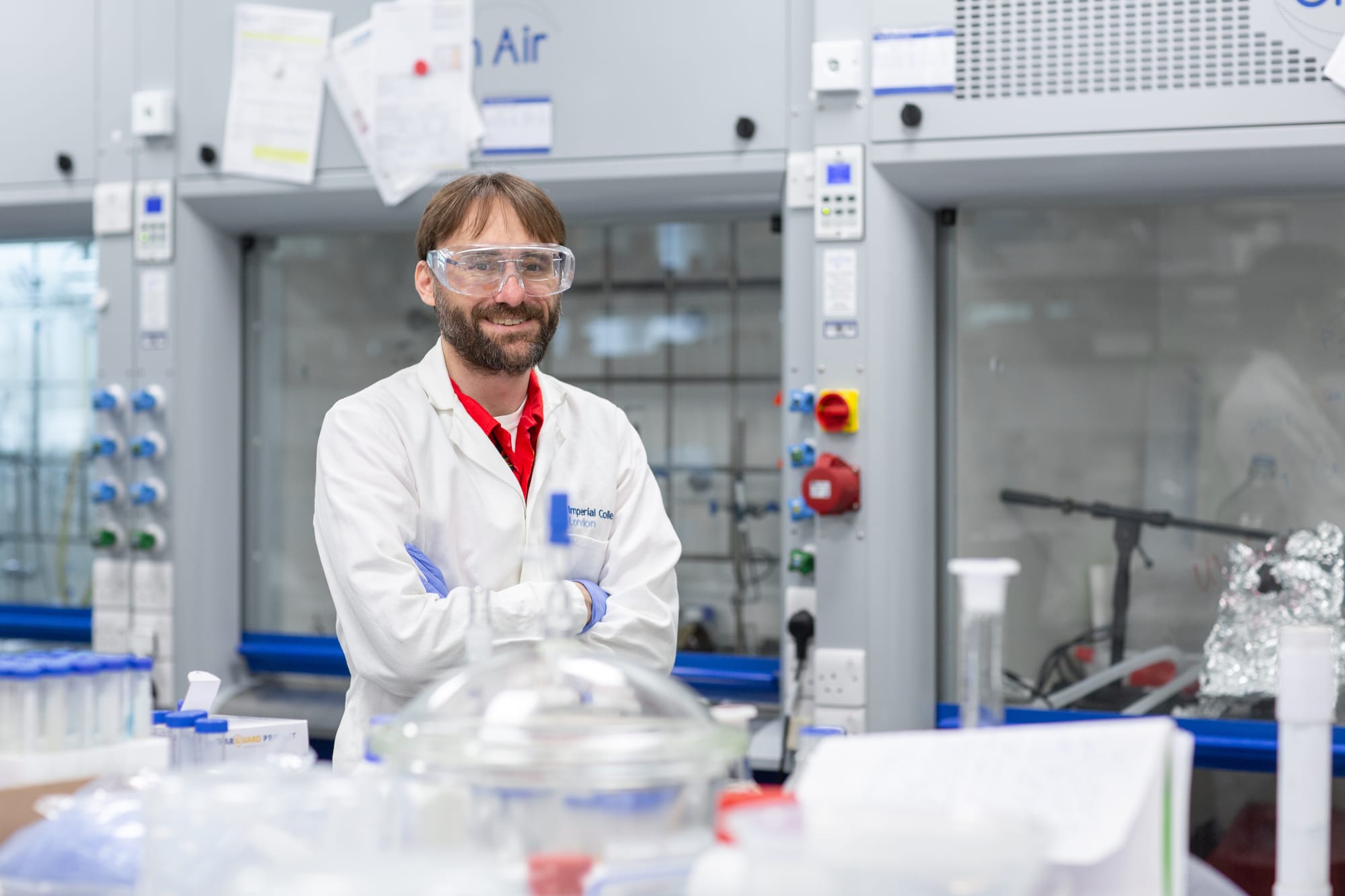
The Royal Society awarded Imperial Professor Jason Hallett the Mullard Medal for his work “on the development of ionic liquids as commercially relevant solvents in biorefining and the circular economy.” The Mullard Medal is awarded for contributions in any field that have the potential contribute to national prosperity.
Hallett is a strong believer in technology translation.
“The reason I do technology translation and a lot of the reason I do sustainability research is to try and make a difference,” said Hallett. “It was nice to see that recognized.”
Hallett is co-founder and director of multiple start-ups and spin-outs. His research group has spun-out 11companies in the last nine years.
“The only way to have an impact from academic research is to push that out into the commercial space,” said Hallett. “Otherwise, we’re just fooling around and telling people they’re doing things wrong without giving them any solutions.”
Hallett studied professional engineering and was initially interested in thermodynamics and chemical kinetics. It wasn’t until graduate school that he heard about sustainability, which has now become his main research focus.
“The point of sustainability is to try and introduce, develop and scale new technologies for manufacturing chemicals and materials that have lower impact on the environment,” said Hallett.
He focuses on two main areas of research: biorefining, where they hope to replace fossil fuels with biomass, and the circular economy, where the goal is to eliminate and repurpose waste.
“It’s mostly about recovering valuable materials from waste streams,” Hallett explained. “We do a lot of work on recycling things, and I generally work on recycling things that right now have a low or zero recycle rate.”
Some examples include textiles, multi-layer packaging, phones and magnets.
Hallett is often hesitant to adopt new technologies that are touted as sustainable.
“One of the problems in being an engineer [is] you end up being very pragmatic,” said Hallett. “A lot of things that people think are sustainable really aren’t. If you know enough about it, you start to become very cynical.”
Organic produce is an example of this misconception. Although organic produce reduces CO2 emissions by not using fertilizer and pesticides, it vastly increases land use, which increases CO2 emissions at production.
When asked what advice he had for future chemical engineers, Hallett emphasized choosing a subject that aligns with your career aspirations.
“So, what is it you want to do?” said Hallett. “I’m not necessarily meaning for a job. What difference do you want to make in the world?”


